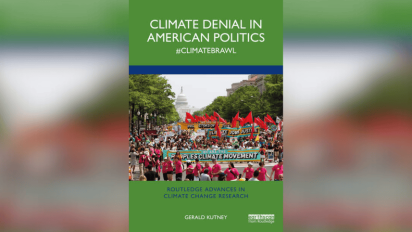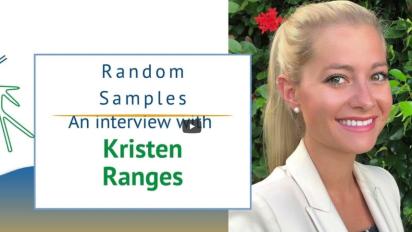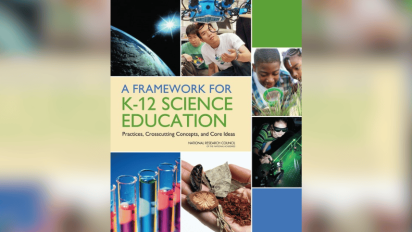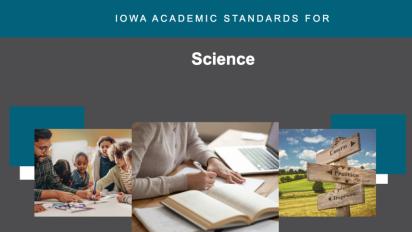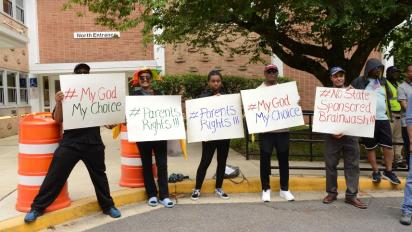Will a new Supreme Court decision encourage opting out of evolution?
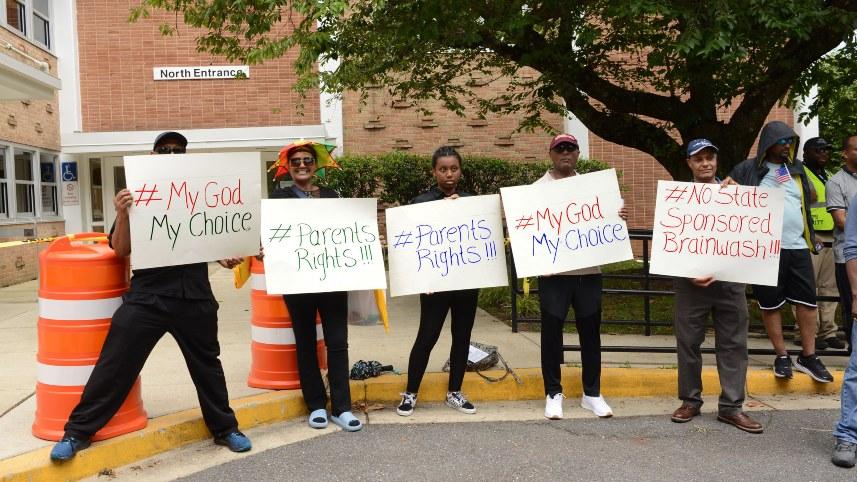
Protestors in Rockville, Maryland, seek to restore an opt-out policy in the schools. Photo by Stephen Melkisethian on Flickr.
In its decision (PDF) in Mahmoud v. Taylor issued on June 27, 2025, the Supreme Court ruled 6-3 in favor of a group of parents with students in the Montgomery County, Maryland, Public Schools district who argued that they have a right under the Free Exercise Clause of the First Amendment to opt their children out of instruction they find religiously objectionable. Will the decision have implications for the teaching of evolution in the public schools?
At issue was the district's use of LGBTQ+-inclusive storybooks and the board's refusal to allow the parents to opt their children out of exposure. The parents asserted that their right to free exercise of religion was unconstitutionally burdened as a result and sought a preliminary injunction allowing their children to be excused from exposure while their lawsuit proceeded. Writing for the court, Justice Samuel Alito ruled that they are entitled to the preliminary injunction.
More broadly, the decision suggests that any educational policy that "substantially interferes with the religious development" of students might be held to be unconstitutional by the same reasoning, although it acknowledged that the question "will depend on the specific religious beliefs and practices asserted, as well as the specific nature of the educational requirement or curricular feature at issue" and "the specific context in which the instruction or materials at issue are presented."
What about evolution? Echoing his and Eugenie C. Scott's arguments in Evolution: Education and Outreach in 2008, NCSE Deputy Director Glenn Branch told Chalkbeat (April 17, 2025) that opt-out policies specifically involving evolution are unworkable. "Evolution comes up so many times in biology class — from learning about the structure of a cell to taxonomy to genetics — that teachers would need 'revolving doors' for kids to cycle in and out. That would be disruptive for their classmates, too."
During oral arguments (PDF) on April 22, 2025, Justices Elena Kagan and Sonia Sotomayor expressed concern about the application of opt-out policies to evolution. Told by the attorney representing the parents that there are not a lot of objections to the teaching of evolution, Kagan asked the attorney representing the Montgomery County Public Schools, "[I]s that true? And should we count on it being true? And how can we tell if it's true?"
In a dissenting opinion in which Justices Kagan and Ketanji Brown Jackson concurred, Justice Sotomayor warned, "Establishing a new constitutional right to opt out of any instruction that involves themes will create a nightmare for school administrators" as well as teachers. She added, "The foreseeable result is that some school districts may strip their curricula of content that risks generating religious objections. ... Next to go could be teaching on evolution."
Justice Sotomayor's concern was shared by Rachel Laser of Americans United for Separation of Church and State in a June 27, 2025 statement. "Rather than implement an unworkable system of opt-outs to certain books or lessons, public schools are more likely to strike content from the curriculum that could be challenged — which is the ultimate goal of the Christian Nationalists backing this case. What's next? ... Demanding opt-outs from students learning about evolution?"
Even in the absence of demands for opt-outs, NCSE Executive Director Amanda L. Townley explained, the mere possibility opened by the Mahmoud v. Taylor decision may further deter science teachers in communities where religious objections to evolution are prevalent from presenting evolution honestly, accurately, and completely. "As always," she added, "NCSE will be monitoring the situation and continuing to provide support for K-12 teachers across the country."


